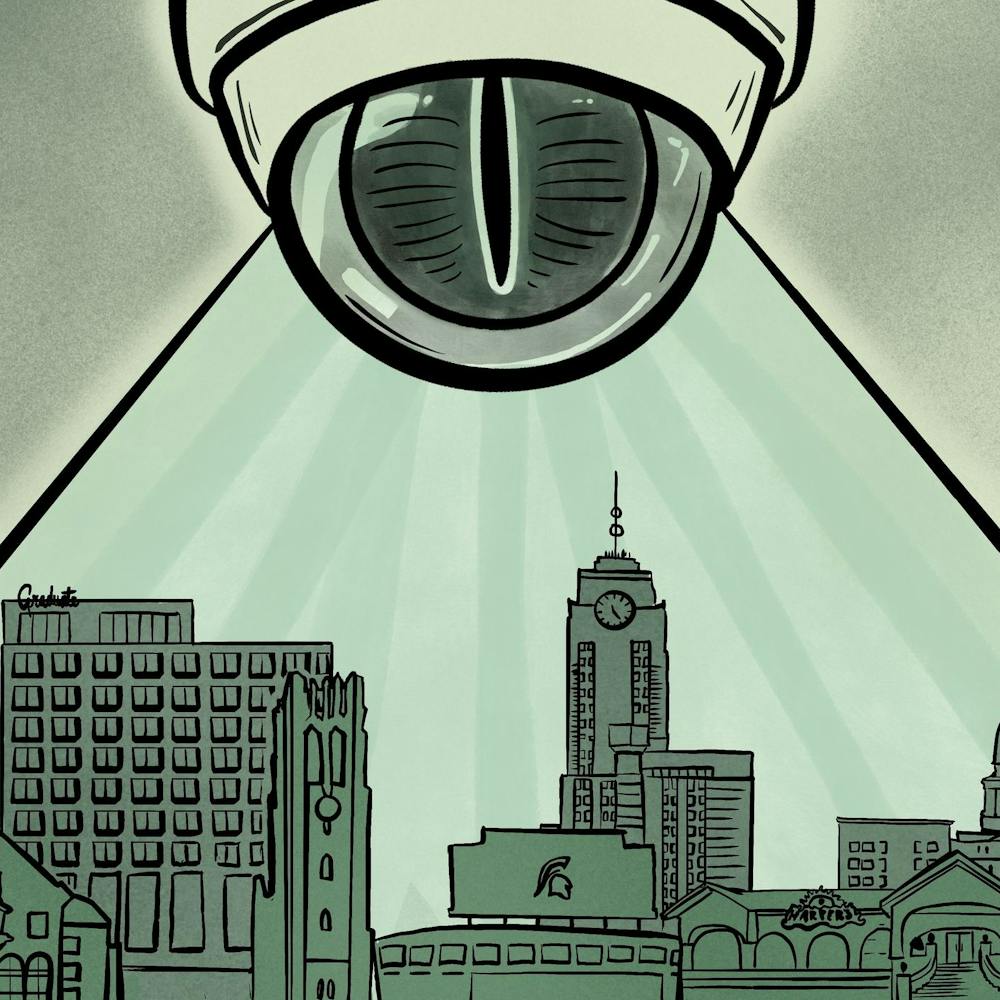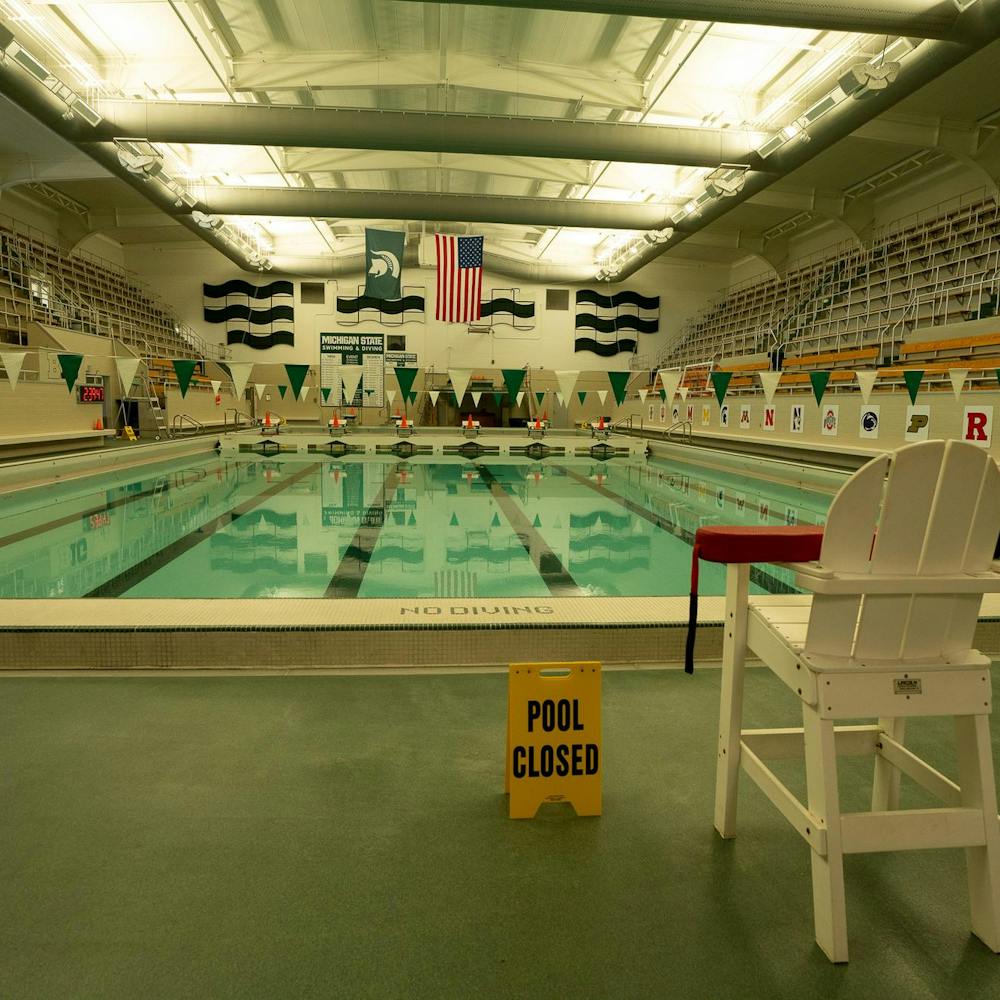State representatives and health officials are creating a task force to research Michigan’s elementary and middle school’s nutritional practices and guidelines.
The task force is one step in state Rep. Virg Bernero’s legislative proposal to ban the sale of soda pop in Michigan schools.
“We’re trying to take a closer look at what’s happening within the schools,” the Lansing Democrat said. “We’re going to review the federal lunch program guidelines and figure out if there’s a problem with those guidelines in the schools or not.”
Bernero said the task force will be created as a response to criticism of his proposal. He said he has support from the Ingham County Health Department and local hospitals, but does not know when the task force will begin meeting.
“When we started with soda pop, some people had the criticism that pop was not the only problem,” he said. “The more causalities of obesity and health problems were the prevalence of non-nutritious items in the snack food line. We found out they had a good point.”
Bernero said his task force is an initiative to understand the school’s concerns, work with them and figure out a way to put nutrition first.
Jim Ballard, executive director of Michigan Association of Secondary School Principals, said he’s surprised that a task force will be created.
“Schools have to submit reports that what they serve is healthy and not harmful,” Ballard said. “Schools take subsidies from the federal government and in return, they have to swear in blood that they won’t serve these harmful foods.”
Ballard also said Bernero’s proposal to ban soda pop machines will not satisfy the students who prefer water instead of pop.
“(Bernero) is painting the picture that these machines are only serving Coke and Pepsi, but they’re serving water as well,” Ballard said. “Many students want a bottle of water for lunch instead of pop.”
Clinical laboratory science senior Sarah Burns said in high school she ate healthy, but also enjoyed sweets and cookies.
“I don’t think what’s in their lunch line causes kids to be unhealthy,” Burns said. “I think it’s the way they were brought up and their environment at home. Their environment at home carries over to when they make their own decisions.
“Either way, I think the government should be worrying about more important things than what’s being served in a school lunch line.”






